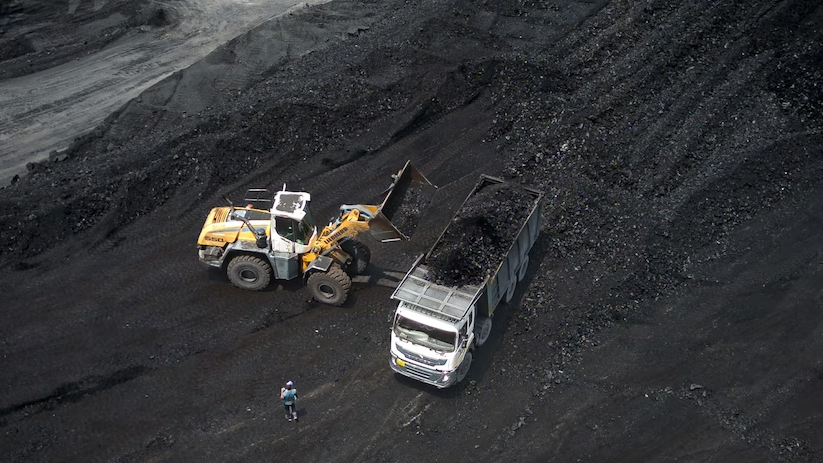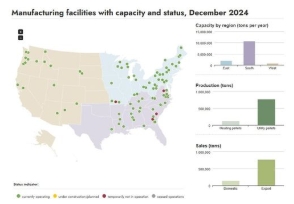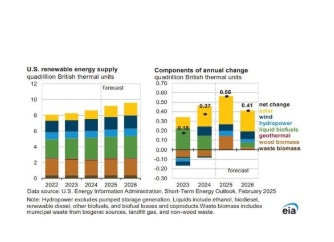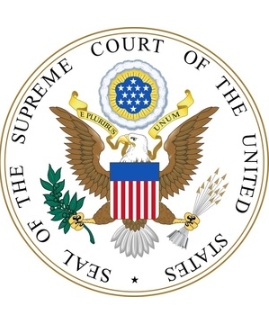
Protests against plans for the Gevra site in the eastern province of Chhattisgarh threaten to complicate the company’s ability to win approvals to expand annual capacity to 70 million tons. Output at that volume would see the site become the single biggest global source of the fossil fuel, according to Coal India.
Rising power demand has pushed India to prioritize energy security and boost output of coal, which continues to account for about 70% of electricity generation.
Residents of the area close to Gevra have raised concerns over air pollution, the impact on ground water levels and compensation for acquired land, said Deepak Sahu, joint secretary for Korba district — where the mine is located — at Chhattisgarh Kisan Sabha, a farmers’ union in the state.
Coal India and its subsidiaries have faced challenges in ramping up other operations, including in Chhattisgarh, and a public hearing was held this week at the Gevra site.
“The company has taken considerable measures to address the issue of pollution associated with the mining process,” and studies have shown there’s no impact on ground water levels in the Korba district, a spokesman at South Eastern Coalfields Ltd., the unit that operates Gevra, said by phone.
The Coal India unit gave 700 jobs in lieu of land last year, the most in a decade, and has increased financial compensation for land, he said.







